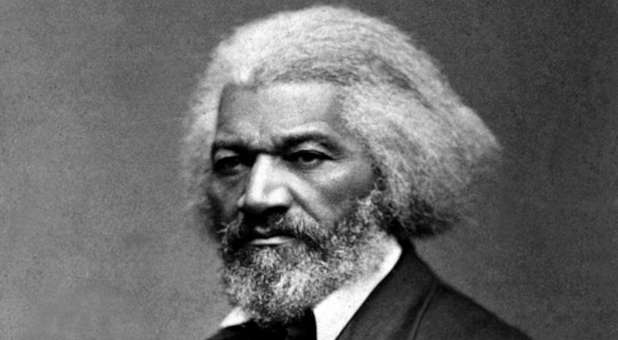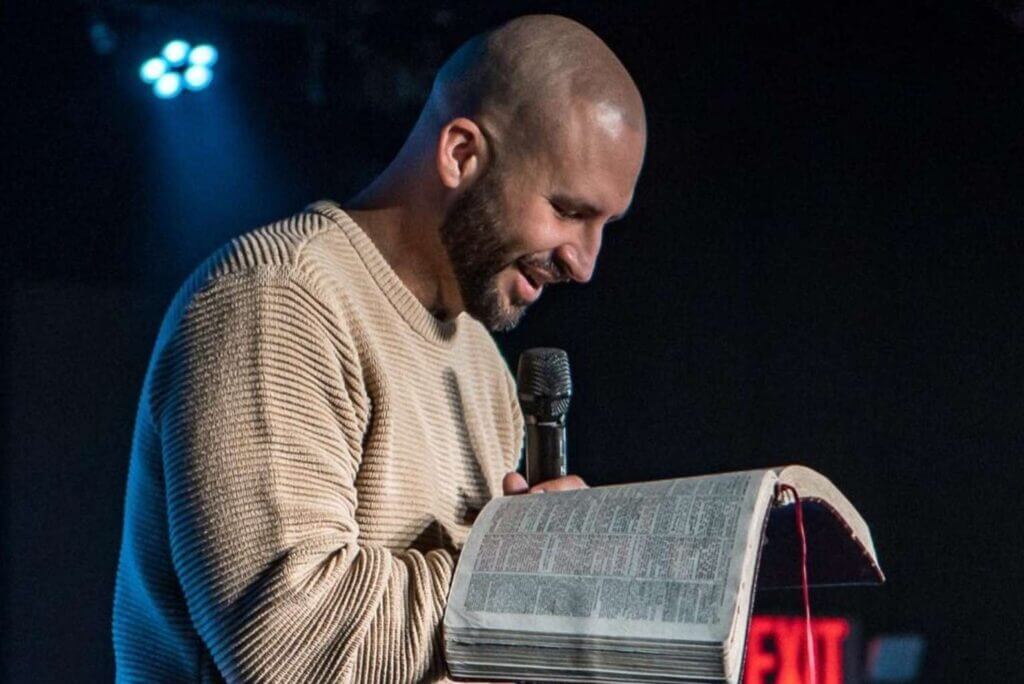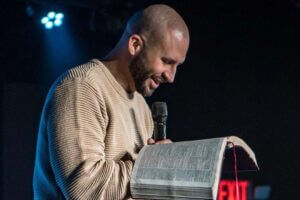No one was more scathing in their attacks on slavery and those who tolerated it than Frederick Douglass, the former slave and passionate abolitionist. In his early years, Douglass (1818-1895) felt he had no place in America because of the enslavement of his people, and he despised July 4th celebrations.
However, as he studied America’s history and world history, his views began to change and he came to admire the Founding Fathers. He expressed this admiration in a July 4th speech delivered in 1852. He said:
“Fellow Citizens, I am not wanting in respect for the fathers of this republic. The signers of the Declaration of Independence were brave men. They were great men too—great enough to give fame to a great age. It does not often happen to a nation to raise, at one time, such a number of truly great men.”
Here are 3 historical facts that help explain why Douglass came to hold the Founders in such high esteem.
1. The Founders took a stand against slavery when it was practiced around the world.
The leftists in America would have us think that slavery is unique to America. The truth is that slavery has been practiced by all sorts of peoples and civilizations for all of recorded history. But in 18th century Colonial America, there was a unique turning against slavery that resulted in virtually every Founding Father taking a public stand against it. The brilliant Black economist and historian, Dr. Thomas Sowell, has said:
“Slavery was just not an issue, not even among intellectuals, much less among political leaders, until the 18th century—and then it was an issue only in Western civilization. Among those who turned against slavery in the 18th century were George Washington, Thomas Jefferson, Patrick Henry and other American leaders. You could research all of 18th century Africa or Asia or the Middle East without finding any comparable rejection of slavery there” (Hyatt, “1726: The Year that Defined America,” 90).
The occasion for this turn against slavery was the Christian revival that became known as the Great Awakening. This Awakening transformed entire communities, breached racial and social barriers, and ignited an abolition movement unique to the world at that time. It impacted the Founders and led to them formulating colorblind founding documents. Virtually every Founder came to agree with John Adams who said:
“Every measure of prudence ought to be assumed for the eventual total expiration of slavery from the United States. I have throughout my whole life held the practice of slavery in abhorrence (Hyatt, “1726: The Year that Defined America,” 101).
2. The Founders produced anti-slavery documents.
Because of the 18th century Great Awakening and its impact on the Founders, America’s founding documents have no classifications based on race or skin color. The words “slave” and “slavery” are nowhere to be found. Instead, the Founders speak of “persons,” “citizens” and “other persons.” The language was purposeful for as James Madison said, “The Convention thought it wrong to admit in the Constitution the idea that there could be property in men.”
America’s founding generation viewed these documents as anti-slavery documents. The statement in the Declaration of Independence that “All men are created equal and are endowed by their Creator with certain inalienable rights such as Life and Liberty . . . was understood as an antislavery statement. Douglass understood it as such and in the speech mentioned above, he referred to the Declaration and said, “The principles contained in that instrument are saving principles. Stand by those principles, be true to them on all occasions, in all places, against all foes and at whatever cost.”
In the same speech he referred to the U.S. Constitution as a “glorious liberty document.” On another occasion he spoke of the founding documents and said, “Any one of these provisions in the hands of abolition statesmen, and backed by a right moral sentiment would put an end to slavery in America” (Hyatt, “1726: The Year that Defined America,” 122).
Yes, in the founding documents, the Founders gave Abolitionists the legal instruments with which to combat slavery. A 1784 gathering of Methodist leaders in Baltimore understood this and when they issued a statement denouncing slavery, they based it on both the Bible and the Declaration of Independence. They declared slavery to be, “Contrary to the golden rule of God as well as every principle of the [American] Revolution” (Hyatt, “1726: The Year that Defined America,” 97).
3. They put their lives on the line for liberty.
In declaring independence from Great Britain in the Declaration of Independence, the 56 signers knew that they were putting their lives on the line. They knew that their actions would be seen as treason and that King George would put them in his crosshairs. After signing the Declaration, John Hancock exhorted, “We must all hang together.” Benjamin Franklin replied, “Yes, we must hang together, or, most assuredly, we will all hang separately” (“Hyatt, 1726: The Year that Defined America,” 113).
Indeed, all 56 were targeted by the British. Nine died of wounds or hardships during the war. Five were captured and imprisoned, in each case, enduring brutal treatment. Several lost wives, sons or entire families. One lost his 13 children. Two wives were brutally treated. All were, at one time or another, the victims of manhunts and were driven from their homes. Twelve signers had their homes completely burned. Seventeen lost everything they owned. Yet not one defected or went back on his pledged word (Hyatt, “1726: The Year that Defined America,” 97).
Douglass knew the Founders had their flaws, but he came to appreciate the courageous stand they took and all they accomplished despite being opposed by passionate proponents of slavery and the greatest military machine in the world. His words are a ringing rebuke to those today who demonize the Founders and want to rewrite our founding documents. {eoa}
For the original article, visit our content partner at biblicalawakeningblogspot.com.
Dr. Eddie Hyatt is an author, historian, and Bible teacher with a passion to see another Great Awakening in America and around the world. This article is derived from his book, “1726: The Year that Defined America,” available from Amazon and his website at http://eddiehyatt.com.
See an error in this article?
To contact us or to submit an article




















